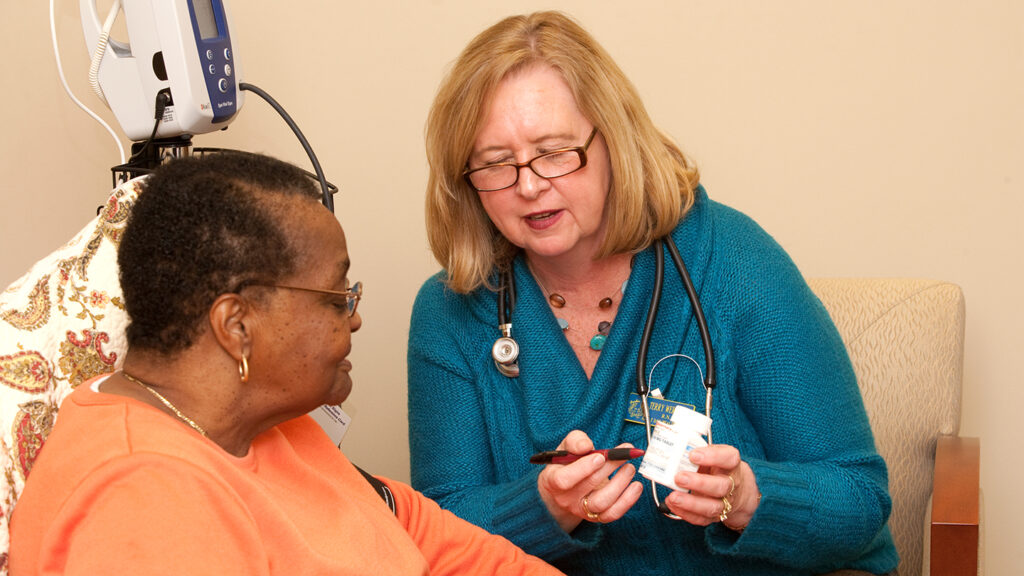
A not-for-profit aging services provider based in New Jersey has made a $18.8 million gift to a medical school to improve care for older adults through research, education and interdisciplinary collaboration.
Parker Health Group made the gift to the Rutgers Robert Wood Johnson Medical School to create the Parker Health Group Division of Geriatrics in the medical school’s Department of Family Medicine and Community Health.
A key element of the new division is increased funding for the medical school’s geriatric fellowship program. This year-long program is designed to provide family medicine and internal medicine residency graduates with the clinical skills, knowledge and experience necessary to care for a growing geriatric population. Enrolled fellows will conduct research and provide education to local long-term care providers, including the Parker Health Group.
Parker includes several communities and facilities providing senior living and care and also offers adult day services, home- and community-based services and more.
Parker Health Group CEO Roberto Muniz, a Rutgers alumnus, said that the program will aim to connect with Rutgers programs in nursing, social work, pharmacy and psychiatry.
“Our goal is to support seniors to live their best lives by working toward a seamless network of high quality, innovative and valued geriatric services and supports,” said Muniz, who also is an instructor at the Rutgers Edward J. Bloustein School of Public Planning and Public Policy. “The division’s focus on multidisciplinary research collaborations and building relationships within the local communities that Parker and Rugets both serve will be a key component for informing this critically needed work.”
Need for geriatric specialists grows with population
The nation’s older adult population is projected to almost double to 90 million by 2050, increasing the need for geriatric healthcare providers.
According to data from the National Resident Matching Program, this year saw the largest number of overall appointments to fellowships in the organization’s history, with 13,919 applicants filling 13,365 total positions in 73 specialties, including geriatric medicine.
But there were only 206 applicants for the 411 positions offered in geriatrics, which works out to 0.5 applicants per position. According to the NRMP, this year, there were 152 geriatric medicine programs, but only 46 programs had their fellowships filled.
The Foundation for Post-Acute and Long-Term Care Medicine is working to spread the word about careers in post-acute and long-term care medicine through AMDA–The Society for Post-Acute and Long-Term Care Medicine’s Futures Program.
According to AMDA, 3.5 million more healthcare professionals will be needed to care for older adults by 2039. The Futures Program, launched in 2001, began as a one-day introduction to the field to attract medical directors. Since then, the program has broadened its scope and developed into a one-year learning experience to introduce residents, fellows and advanced practice providers to careers in post-acute and long-term care medicine through resources and interactions with PALTC leaders.
AMDA Workforce Development Manager Christine Ewing said that 87 people were in last year’s class. She told McKnight’s Senior Living that the program is aimed at providing an opportunity for professionals to explore any type of PALTC career, including assisted living, skilled nursing and even academia.
“There is a specialized skill set for working in this environment,” Ewing said. “We’re just trying to get the word out. This is a viable field that is medically complex, and there’s a need.”


